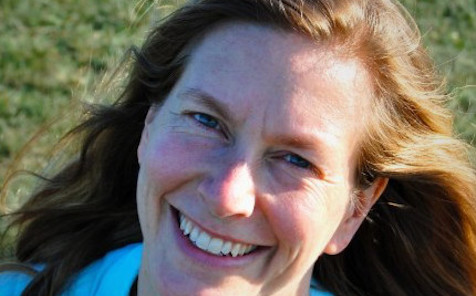
Rachel Powers
One of several articles Texas Climate News is publishing to mark the first anniversary of Hurricane Harvey.
+++
In an effort to gauge whether Harvey shifted attitudes about climate change in Houston, Texas Climate News editor Bill Dawson posed the following questions to several knowledgeable Houstonians:
- A year on, do you think Harvey has notably changed attitudes on climate change in Houston — either among leaders and other influential people or among the population as a whole? Among some, but not others?
- If so, can you provide some key examples and what effects the attitude shift may have, moving forward?
- If you don’t think attitudes toward climate change have moved much, even after such a catastrophic weather event, why do you think that is?
Here is the emailed response of Rachel Powers, executive director since 2013 of the Citizens’ Environmental Coalition, which includes more than 100 organizations. CEC, founded in 1971, describes itself as “an alliance of diverse nonprofit, governmental and educational organizations whose activities impact the environment and quality of life in the Houston-Galveston area.” In previous jobs, Powers worked at the Houston-Galveston Area Council, Harris County Flood Control District and Hermann Park Conservancy.
+++
Sometimes I think about Everett M. Rogers’ Diffusion of Innovations model, which describes innovators, early adopters, early majority, late majority, and laggards. I’d like to think that [when it comes to climate change] we are past the early adopters stage, well into the early majority stage, and probably into the late majority. Of course, I am deeply integrated into the bubble that is the environmental community in the Houston region, so my perspective is skewed.
A few things have happened that make me hopeful we have moved into the late majority phase.
First, an increasing number of polls suggest that a majority of people in our region believe that climate change is happening. For example, a recent poll by the Yale Program on Climate Change Communication found that both nationally and in the Houston metro area 70 percent of adults think global warming is occurring. Furthermore, a majority – if, at 59 percent in the metro area, a smaller majority – also think that global warming is affecting the weather.
[Houston environmental lawyer and Rice University professor] Jim Blackburn often describes how it can be easier to talk about “funny weather” than to discuss “climate change.” Even after Harvey, which was decidedly unfunny, I think his hypothesis is probably still true. But I suspect that people now are more likely to understand that “funny weather” is code for “climate change.”
I think a great deal of the success of his efforts with the Bayou City Initiative [a flooding-awareness group that Blackburn launched after Harvey hit Houston] are in part due to more acceptance of climate change and its impact on flooding. Harris County isn’t in drought conditions as of today, but drought is affecting 74 percent of the Texas population currently; otherwise, drought would join storms and flooding under the auspices of “funny weather.”
One local manifestation of these changing beliefs is the announcement by Houston Mayor Sylvester Turner at Earth Day Houston in April that the city will be developing a Climate Action Plan. In his presentation, he talked about Houston becoming a greener city, working with science experts, creating better government policies, and relying on bottom-up approaches.
As I understand it, the Climate Action Plan will be integrated with the resilience plan and other citywide planning efforts. Now, if only the Texas Legislature would decide not to be among the laggards.
+++++
